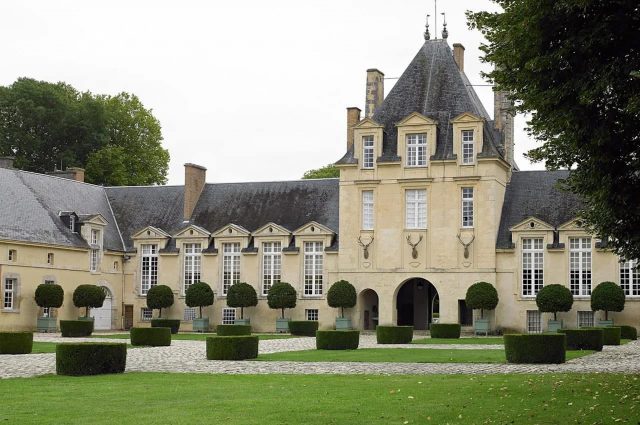Forty years ago, Hubert de Givenchy and Philippe Ven bought the Le Joncherie estate in the suburbs of Paris, where they created their own version of paradise on earth.
Le Jonchet — a designer’s paradise just outside Paris
The story of Hubert de Givenchy and Philippe Ven began at the turn of 1951–1952, when they were both working under Elsa Schiaparelli. ‘She was quite strange, and one fine day Hubert said that he was leaving in a few weeks to open his own fashion house,’ recalls Ven.
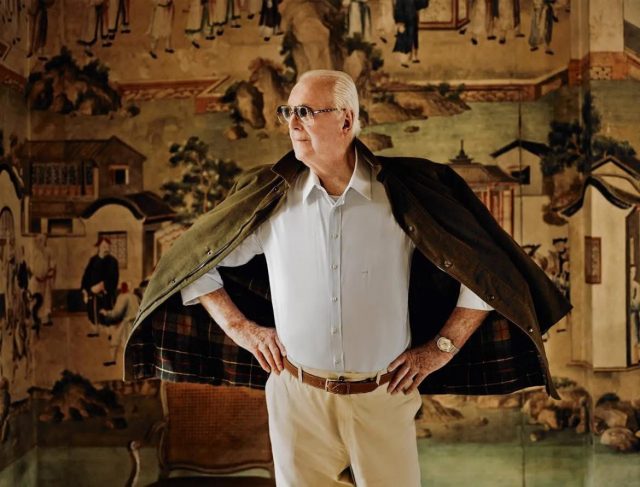
Soon, Vene also parted ways with his employer, travelled to his homeland in Lyon, and returned to Paris, where he received an offer from his former colleague to join the new venture. ‘I said yes,’ says Vene. “After that, we sat down to dinner and haven’t parted ways for the next sixty-five years. If you’re right for each other, it only takes twenty minutes to figure it out. Hubert was handsome, and I was good-looking too. That’s how our saga began.”
Reinventing Le Jonchet
Manoir du Joncherie Vene and Givenchy bought it in the mid-1970s when their previous country residence became too small for them. The first thing they did was to set up a tiny white bedroom, where they lived for a whole year while work was going on around them.
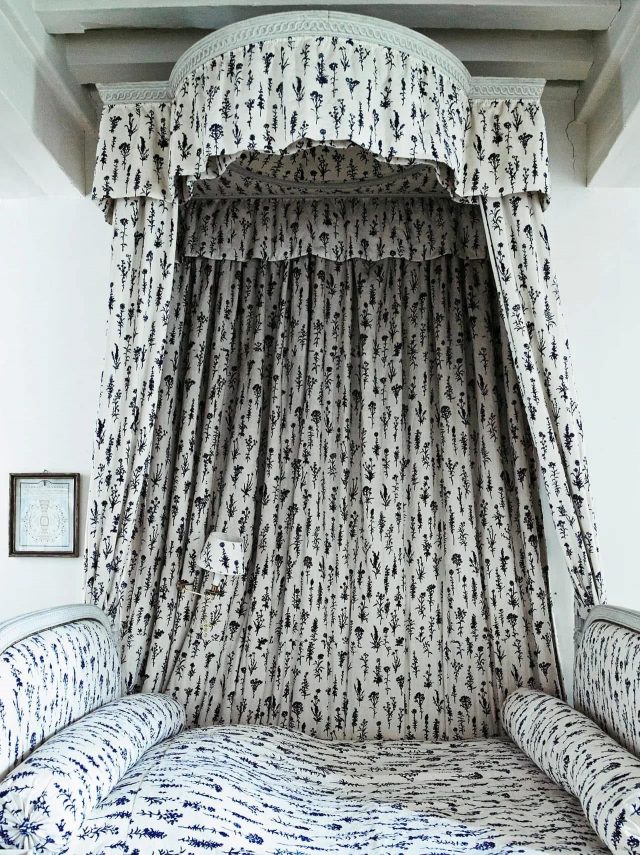
The nephew of fashion designer Olivier de Givenchy recalls that his uncle remodelled everything in the estate, right down to the moat. In the neglected park, trees were pruned to create a sense of perspective, and in the house itself, the front doorways were restored and the floors were replaced — Hubert and Philippe disliked the wooden planks painted with Scandinavian-style diamonds and replaced them with Burgundy stone.
‘The stone slabs were laid out on the lawn in front of the house in the order in which they were to be laid in the rooms, but before that, they were rubbed twice with wax,’ says Olivier.
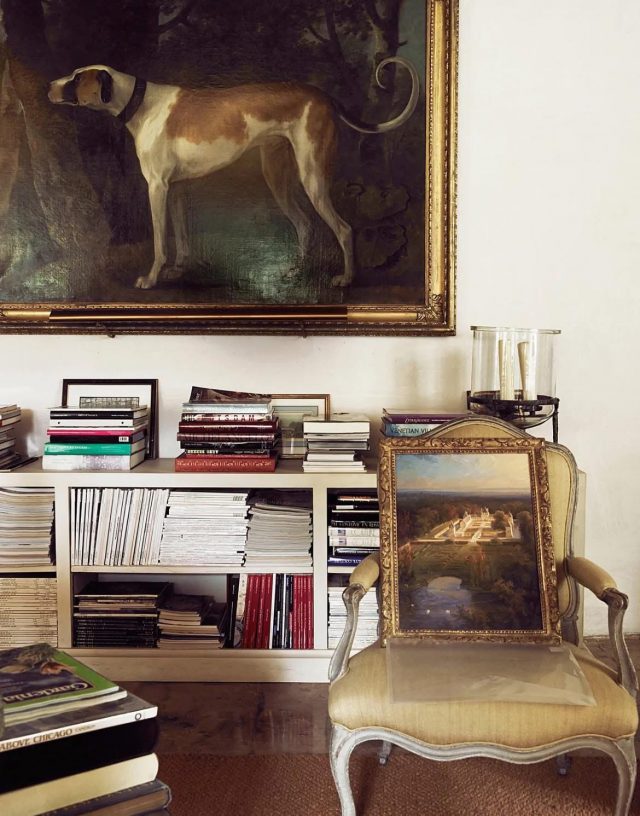
Givenchy’s eye was that of an architect as much as a couturier. His sense of proportion defined not only his interiors but also his fashion — clean, timeless, and impossibly elegant. His friendship with Audrey Hepburn is well-known: he designed her iconic looks for Breakfast at Tiffany’s, Sabrina, and Funny Face.
Hepburn, in turn, described him as “a creator of beauty in its purest form.”
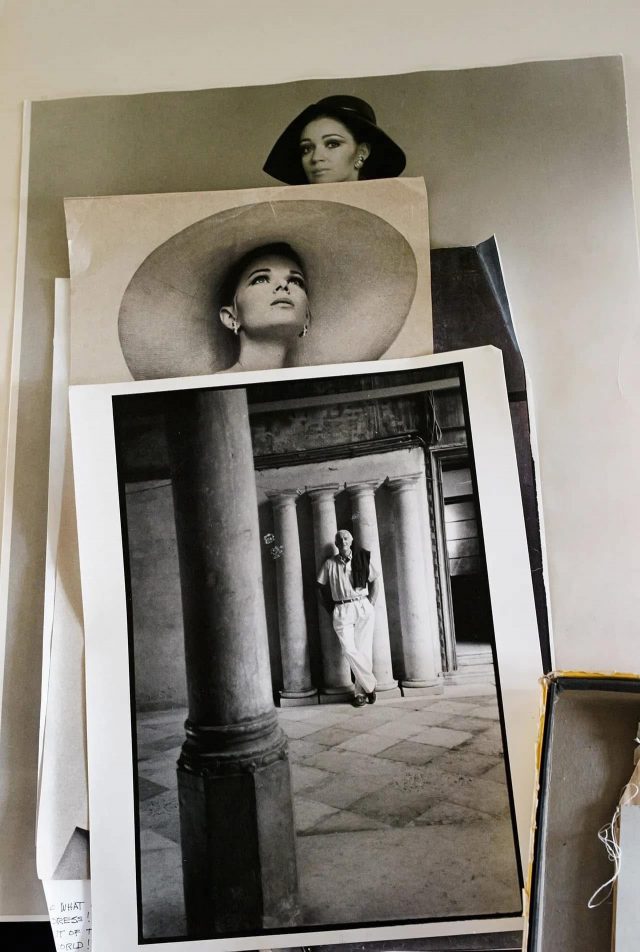
Vene claims that gardens were the designer’s passion, but the one that originally grew at the entrance to the house was immediately rejected: Givenchy ordered it to be destroyed and obtained permission from the Venetian Chini Foundation to copy their parterre garden.
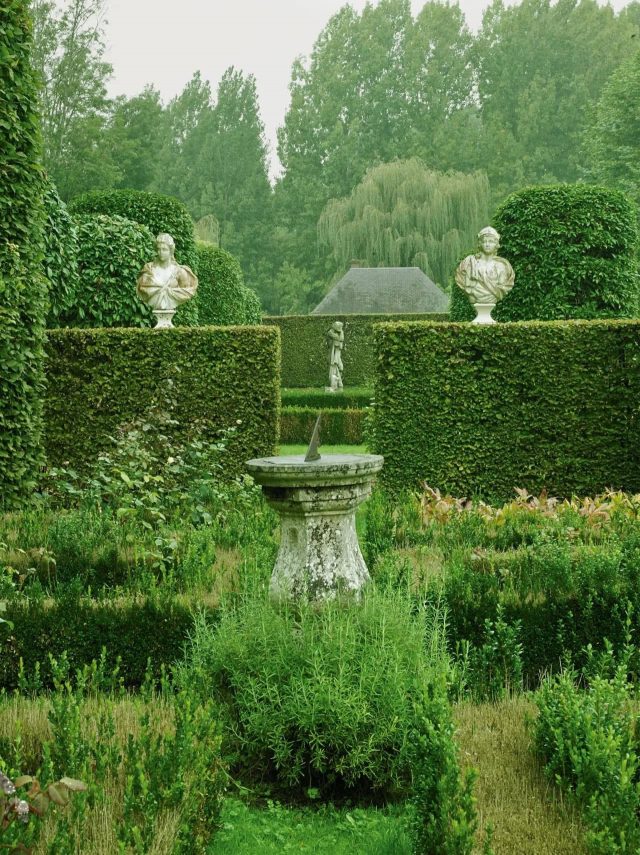
However, according to mutual friends, Hubert and Philippe shared an interest in gardening — for example, they got the idea for their vegetable garden from George Washington’s Mount Vernon estate. This vegetable garden turned out to be so extensive that it required the care of two or three people, so after twenty years, the owners of Le Jonchereau finally gave up and replaced the beds with a regular lawn.
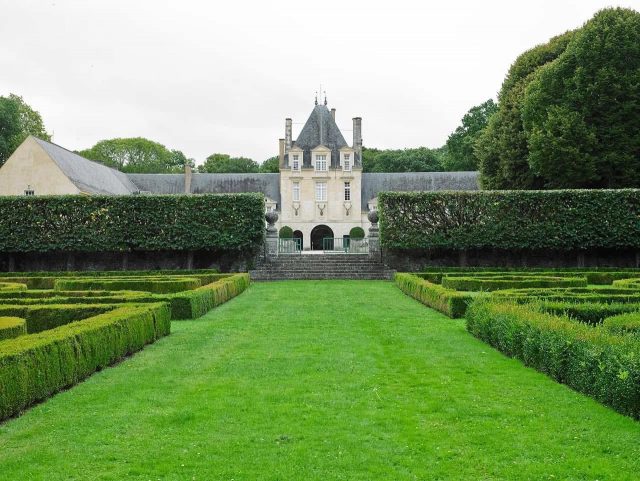
According to Olivier’s nephew’s recollections, his uncle’s house was always perfectly tidy, despite the antics of two Labradors who were spoiled rotten and constantly lounged on the sofas. Givenchy also decided to get himself a pony, and then bought it a girlfriend. Thirty years later, there was already a whole herd running around the estate — twenty-seven animals — but the fashion designer did not want to part with them. Perhaps because he loved grandeur in everything.
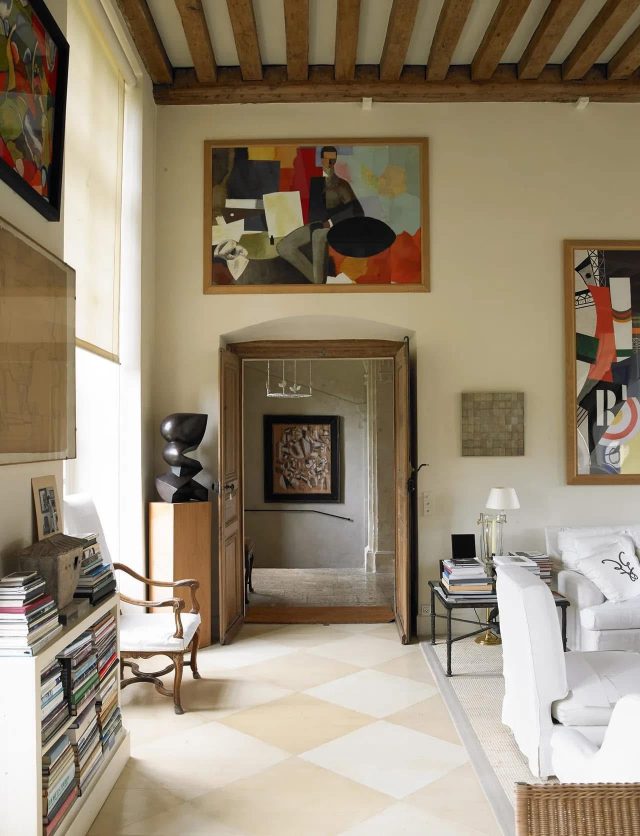
According to the family’s friend, architect Thierry Depon, a week visiting Philippe and Hubert was like a full-fledged holiday in paradise. ‘I remember walking through fields where tens of thousands of daffodils were blooming. Hubert was never satisfied with little,’ he recalls.
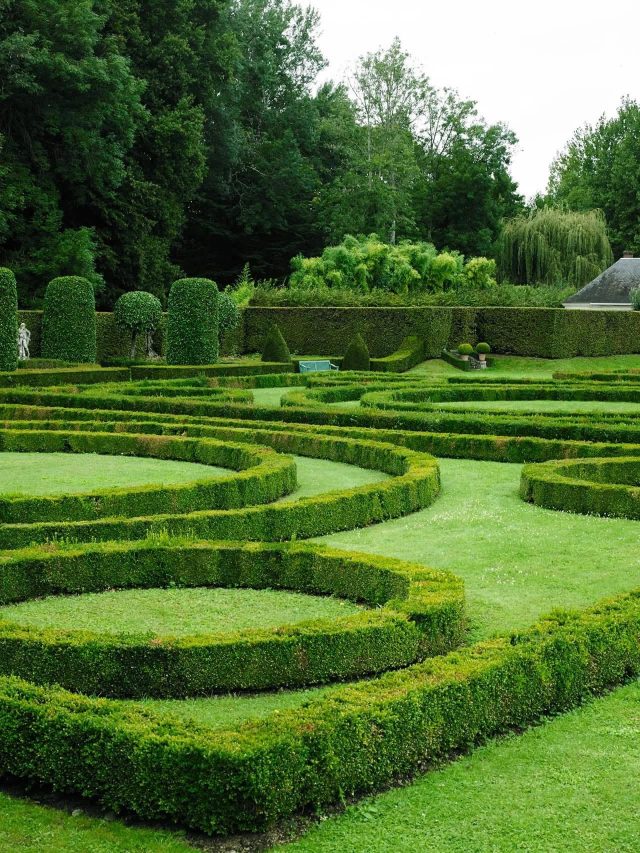
The fashion designer approached the design of his homes with the same generosity. He acted without any particular plan, simply buying whatever he liked. And he liked a lot of things — so much so that above his Parisian apartment there was another flat — a storage room for furniture that did not fit in the interiors. At the same time, he could spend a whole day looking for the perfect toilet brush in a shop.
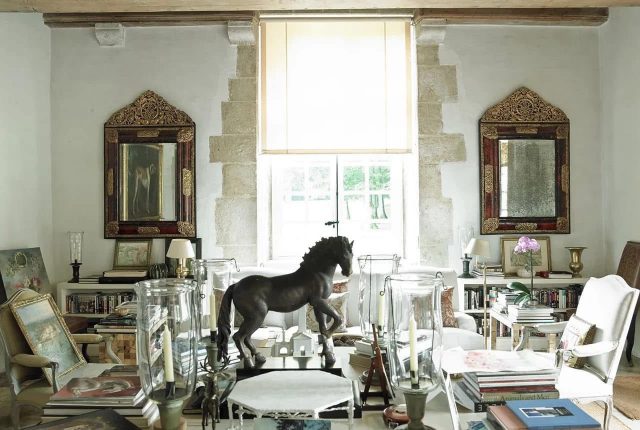
Venez recalls that his partner never really decorated as such — he just endlessly moved things around the rooms, finishing or rethinking something (when the chinoiserie wallpaper in the dining room turned out to be too short, he drew a river at the bottom), endlessly buying and selling art, not shying away from replacing it with copies.
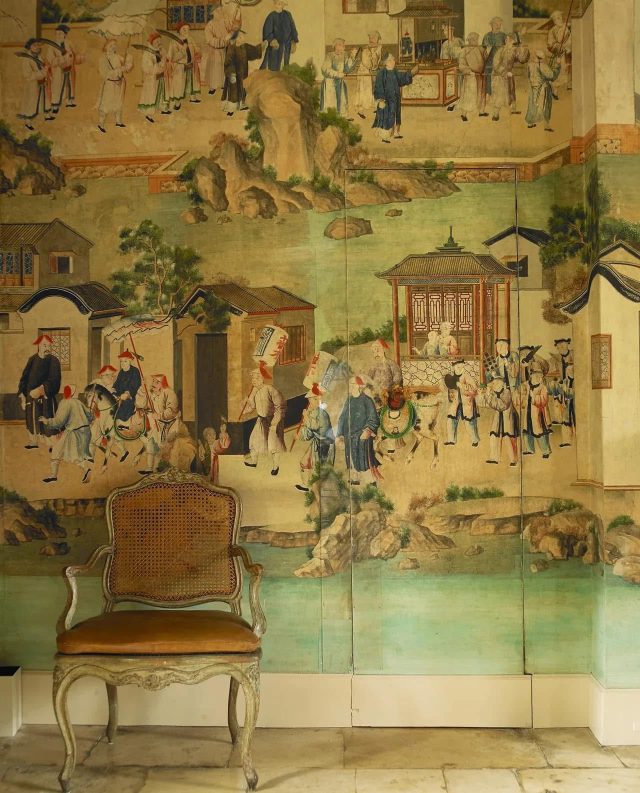
In 2017, after their Giacometti table was sold at auction, Hubert and Philippe commissioned a replica from a local blacksmith and created collages based on the works of famous artists — Joan Miró, Picasso, Léger — so skilfully that they were often easily confused with the originals.
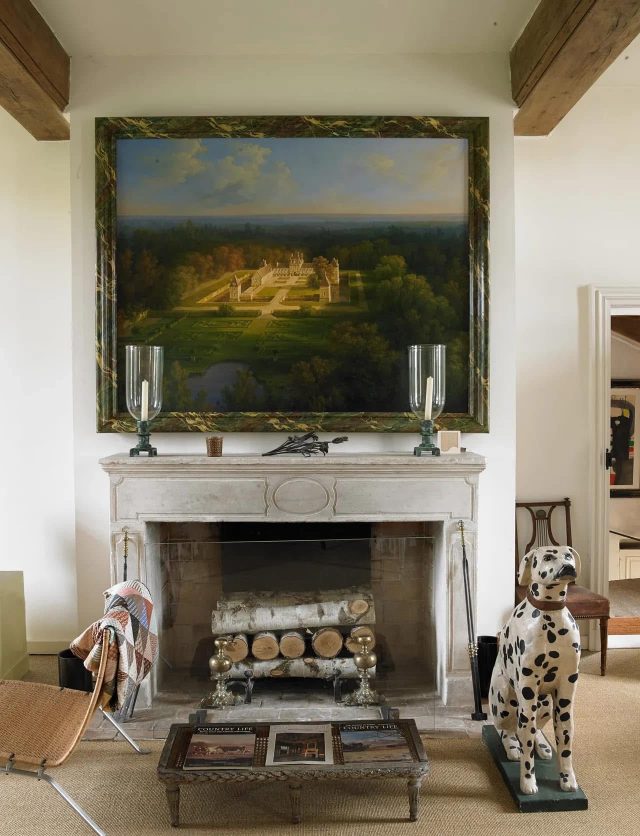
Le Joncher was far from the only home of Givenchy and Vena, but it is this place that their friends associate with a million memories. As Thierry Depon says, ‘they created their own universe, and we were lucky to be part of it.’
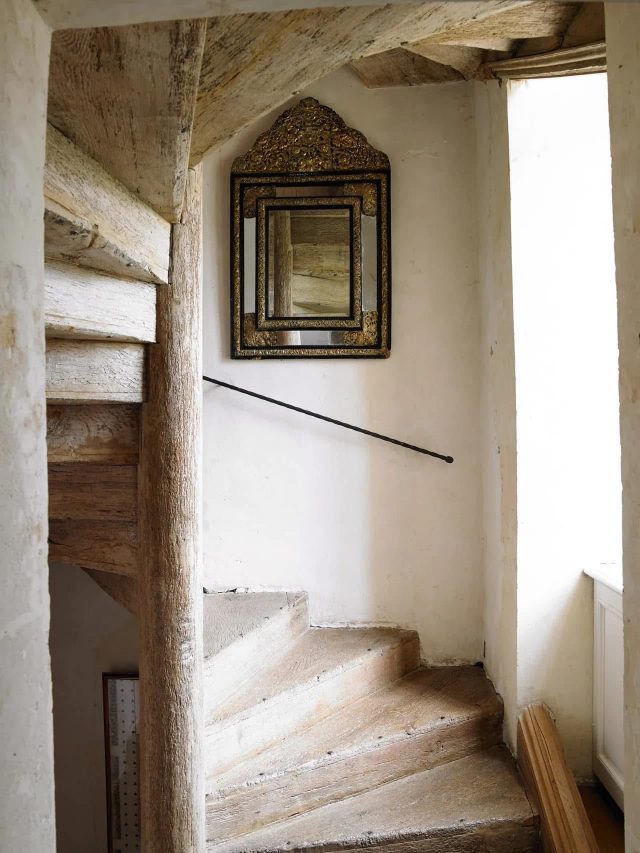
When Hubert de Givenchy passed away in 2018, Le Jonchet remained as he left it — dignified, luminous, and refined, a reflection of a man who believed that beauty, discipline, and kindness belong together.
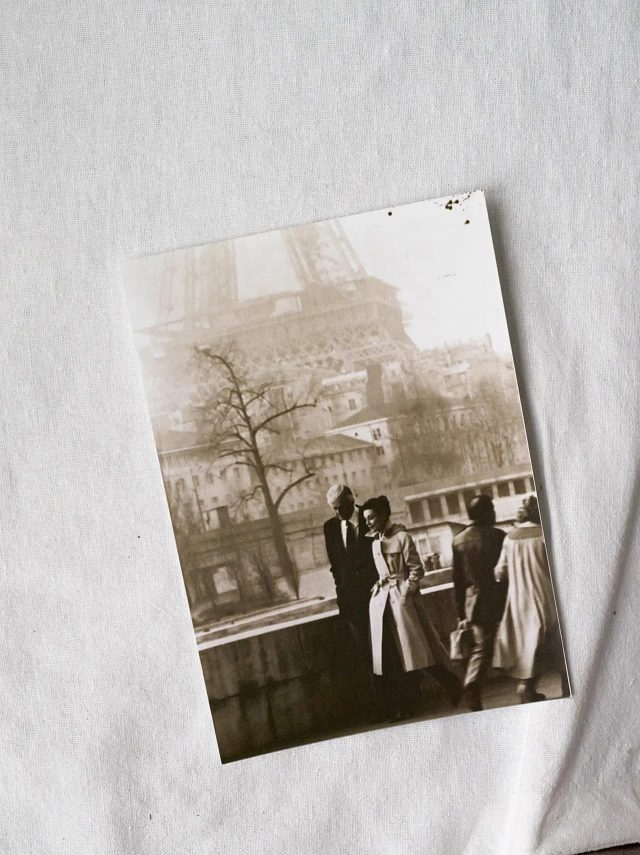
Authored by Anastasia Romashkevich and Mitchell Owens

